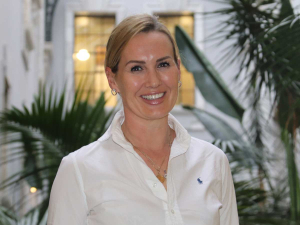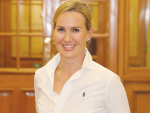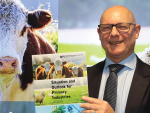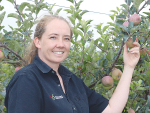The horticulture sector is a big winner from recent free trade deals sealed with the Gulf states, says Associate Agriculture Minister Nicola Grigg.
Grigg says the free trade agreement with the Gulf Cooperation Council (GCC) and the bilateral Comprehensive Economic Partnership Agreement signed with the United Arab Emirates (UAE CEPA) are set to boost hort exports.
In a letter to HortNZ this week, Grigg noted that both the United Arab Emirates and the wider GCC region are becoming increasingly competitive markets, but New Zealand horticulture exporters can rest assured that tariff free access has been secured.
Horticulture is a key export to the UAE, exporting $44 million in the year to June 2024.Hort exports to GCC amount to $72m annually.
Grigg says the deals will make doing business easier with preferential access for primary sector exporters, streamlined customs processes, and reduced trade barriers.
“As with the UAE CEPA, the GCC FTA will lock in existing tariff free access, with eventual elimination of tariffs on all other horticulture exports to the region. Peas and sweetcorn for example, worth over $2 million in trade combined to the GCC, will see the 5% tariff removed over the next five years.
“New Zealand will have duty-free access for all horticultural products by year ten, with tariffs removed on 92% of horticultural trade on entry into force. This agreement complements the UAE CEPA and represents an important milestone in the Government’s efforts to grow our international connections and double exports by value in ten years.”
Read More


















